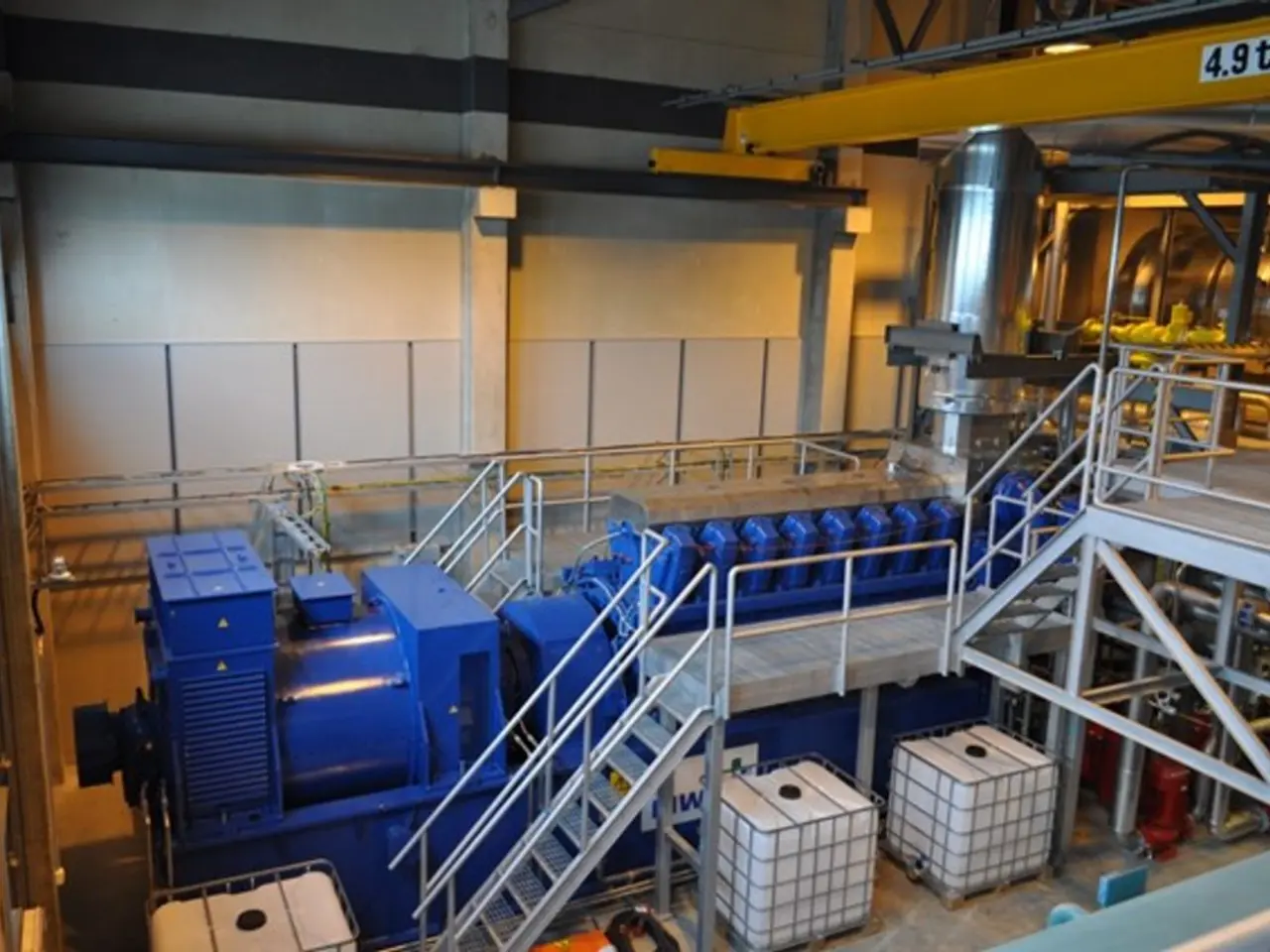Auto manufacturers anticipated to save billions through AI in predicting vehicle issues
The automotive industry is under pressure to deliver new features and services quickly, a pace that sometimes results in inadequate pre-launch testing of software systems. This has led to billions of dollars in annual warranty claims and vehicle recalls, a problem that AI-powered quality control analysis aims to solve.
Yoav Levy, CEO of Upstream, claims that AI could save automakers a significant portion of these costs. AI technology can analyze data quickly, allowing automakers to detect potential issues before they manifest as customer complaints. By being proactive rather than reactive, AI can help prevent widespread failures, reduce the scope and cost of recalls, and enhance customer satisfaction.
One key application of AI is early defect and recall detection through connected vehicle data. AI analyzes real-time telemetry and diagnostic trouble codes (DTCs) from connected vehicles to identify anomalies and potential defects. Studies show that 70% of US vehicle recalls since 2020 could have been detected earlier using connected vehicle data combined with AI, including almost 90% of recalls for electric vehicles (EVs).
Another application is AI-powered warranty claims processing automation. Platforms like Zoom Auto Protect use AI to accelerate claim approvals, reduce compliance risk, and improve customer satisfaction. This reduces administrative costs and delays commonly associated with warranty claims.
AI also enhances traceability with IoT, blockchain, and AI analytics. This triad creates a "digital thread" for parts and vehicles, improving quality assurance, enabling precise identification of affected batches in recalls, and ensuring data integrity across the supply chain.
AI is also useful in root cause analysis and continuous improvement. By analyzing manufacturing and operational data, AI can identify correlations between process parameters and defects, helping to pinpoint root causes more quickly. This leads to improved manufacturing processes and a reduction in defects that cause warranty claims or recalls.
Finally, AI supports diagnostics and repair guidance. Generative AI aids automotive teams by generating assembly instructions, summarizing repair manuals, and assisting diagnostics, which can improve repair accuracy and reduce repeat claims or recalls caused by improper repair.
In conclusion, AI empowers automotive companies to shift from reactive warranty and recall management to proactive quality assurance. This shift can reduce associated costs, improve safety, and enhance customer satisfaction. As the industry moves towards the software-defined vehicle (SDV), AI can potentially prevent adverse effects on an automaker's reputation through multiple recalls and reliability issues. The potential savings from using AI-powered quality control analysis could be significant for automakers facing billions of dollars in annual warranty and recall costs.
- The automotive industry's deployment of AI could potentially save automakers a substantial portion of the costs incurred from annual warranty claims and vehicle recalls.
- AI technology can quickly analyze data, allowing automakers to detect potential issues before they become customer complaints, thereby preventing widespread failures and reducing the cost of recalls.
- One application of AI is in early defect and recall detection using connected vehicle data, as AI can identify anomalies and potential defects from real-time telemetry and diagnostic trouble codes (DTCs).
- AI is also useful in root cause analysis and continuous improvement, as it can identify correlations between process parameters and defects, leading to improved manufacturing processes and a reduction in defects causing warranty claims or recalls.




